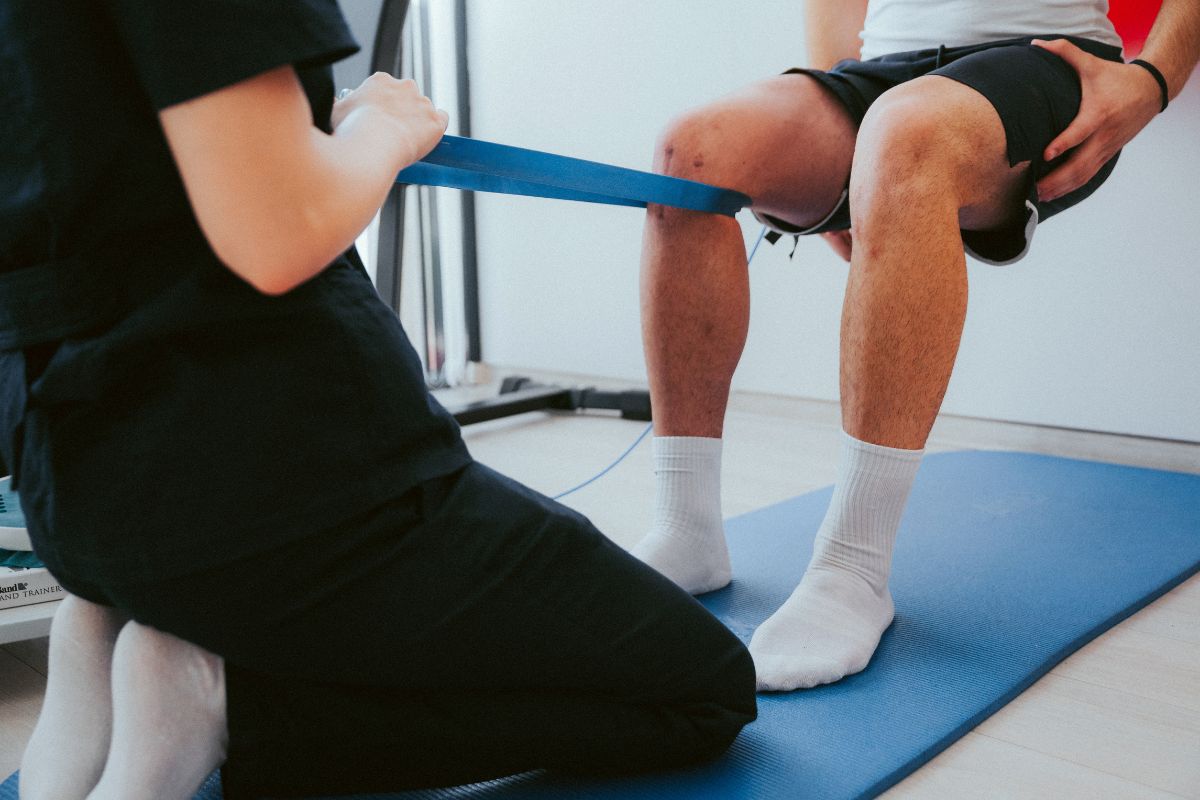Experiencing an injury can be a life-altering event, impacting not just physical health but emotional well-being and social dynamics. The recovery journey often presents numerous challenges, making understanding and adapting to these new realities essential. This article explores the multifaceted aspects of life after an injury, emphasizing the importance of resilience and adaptation. Additionally, a personal injury lawyer in Arizona can be crucial in navigating the legal complexities that may arise during this transitional period.
The Impact of Injury
Injuries can lead to a wide range of physical consequences, from chronic pain and limited mobility to long-term health issues. These physical challenges often require significant lifestyle adjustments. For instance, individuals may be unable to perform daily tasks that were once routine, leading to frustration and a sense of loss.
Emotionally, the aftermath of an injury can be equally daunting. Many individuals experience anxiety and depression as they grapple with their new limitations. The shift in identity—moving from an active individual to someone who may require assistance—can be profoundly unsettling. Furthermore, social implications arise as relationships change; friends and family may not fully understand the injured individual’s struggles, leading to isolation.
The Process of Adaptation

- Stages of Recovery
Adapting to life after an injury typically involves several stages. The immediate response often includes coping with shock and disbelief. This initial phase is crucial as it sets the tone for subsequent recovery efforts.
Individuals must manage pain and navigate their new physical limitations quickly. This period may involve medical treatments, physical therapy, and lifestyle modifications to promote healing.
Long-term adaptation is about finding a new normal. This may include developing new routines that accommodate physical changes while allowing personal growth and fulfillment.
2. The Role of Mindset
A positive mindset plays a pivotal role in recovery. Embracing a growth mindset—believing abilities can improve over time—can significantly influence adaptation. Setting small, achievable goals can help maintain motivation and foster a sense of accomplishment.
Practical Strategies for Daily Life
- Revising Daily Routines
Revising daily routines is one of the first steps in adapting to life after an injury. This might involve modifying home environments for accessibility, such as installing bathroom grab bars or using adaptive cooking and cleaning tools. These changes can make daily tasks more manageable and promote independence.
It is equally important to create new habits that accommodate physical limitations. For example, scheduling regular breaks during activities can help prevent fatigue and frustration.
2. Incorporating Exercise Safely
Physical activity remains vital for recovery but must be approached with caution. Low-impact exercises such as swimming or yoga can be beneficial for maintaining strength and flexibility without exacerbating injuries. Before starting any exercise regimen, consulting with healthcare professionals ensures that activities are safe and appropriate for individual conditions.
Building a Support Network

- Engaging with Healthcare Professionals
A strong support network is essential for successful adaptation after an injury. Engaging with healthcare professionals, including physical therapists and occupational therapists, plays a critical role in rehabilitation. These experts provide tailored strategies to help individuals regain strength and improve functionality.
Regular check-ins with doctors are also essential to monitor progress and make necessary adjustments to treatment plans.
2. Connecting with Support Groups
Support groups offer invaluable opportunities for sharing experiences with others facing similar challenges. These groups provide emotional support, practical advice, and a sense of community that can alleviate feelings of isolation. Resources for finding local or online support groups are available in hospitals and community organizations.
Navigating Emotional Challenges
- Dealing with Grief and Loss
The emotional toll of losing previous abilities cannot be underestimated. Individuals need to acknowledge their feelings of grief related to their injuries. Techniques such as journaling or speaking with a mental health professional can facilitate effectively processing these emotions.
2. Developing Resilience
Building resilience is critical to navigating emotional challenges post-injury. Coping strategies such as mindfulness meditation or deep-breathing exercises can enhance emotional strength and reduce stress.
Looking Ahead: Setting New Goals

- Reevaluating Life Goals Post-Injury
As individuals adapt to their new realities, reevaluating life goals becomes essential. Setting realistic, achievable goals allows for gradual progress while fostering a sense of purpose.
2. Finding New Passions and Interests
Exploring hobbies that accommodate physical changes can also enrich life after injury. Whether painting, gardening, or learning a musical instrument, engaging in creative pursuits provides joy and promotes healing.
Moving Forward After an Injury
Life after an injury requires significant adaptation across multiple physical, emotional, and social dimensions. By embracing change and seeking support from healthcare professionals and loved ones, individuals can navigate this challenging journey successfully. Moreover, consulting with a personal injury lawyer in Arizona can protect legal rights during recovery, allowing individuals to focus on healing and rebuilding their lives.
At AZ Legal, we understand the complexities you face after an injury. Our dedicated team is here to provide guidance every step of the way, ensuring you receive the compensation you deserve while you concentrate on your recovery journey. Don’t hesitate to reach out for assistance; your path to healing starts here.





